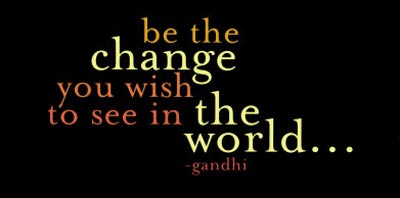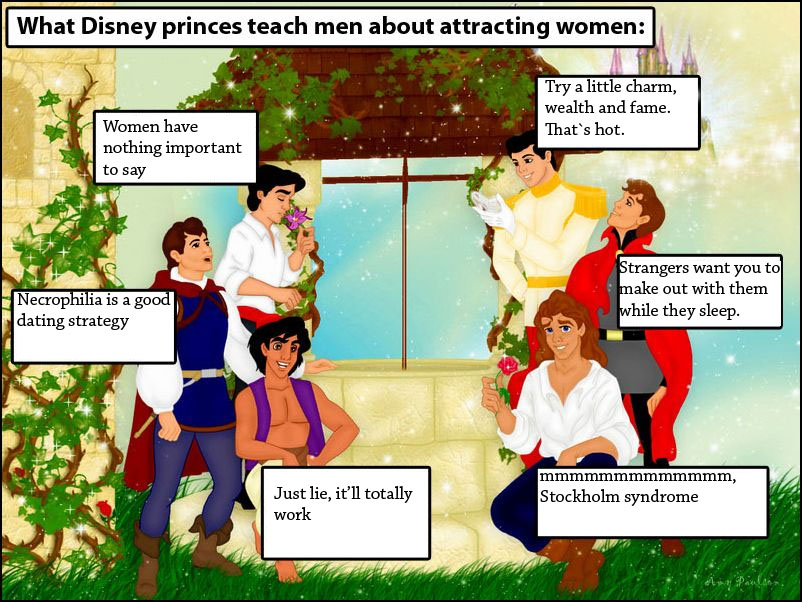
Quote 1: " . . . ask not what your country can do for you; ask what you can do for your country."
This quote is from President John Kennedy's inaugural address. He is challenging the people of the nation to turn to themselves instead of the nation itself for betterment. That is one of the main goals of service learning and volunteerism. It is doing something for others selflessly, and trying to create something better than before, instead of just expecting something to come to you. "Many agree with Sen. Kennedy, who writes that democracy "means . . . the responsibility to give something back to
America in return for all it has given us." It may be something small, but to one person it may mean the world. All it takes is trying to make a change, and working together as a nation to make things better for everyone.
Quote 2:"Are you better off today than you were four years ago?"
This quote was in a campaign speech given by Ronald Reagan, two decades after John Kennedy. While it is addressed to the individual, and it remains important to better one's self, I think it can be used in the context of community as well. Is the community you are a part of better than it was in the past? With service learning and volunteerism, people are learning and getting opportunities to make their communities better than they were in the past. People are becoming the change we need to see in the world, and four years from now people will look back and try even harder to make things better. Like the video mentions, the work done as a part of service are not permanent solutions. They only forge the bonds that encourage us to build solutions. We alone can not be the solution as to why service learning and volunteering is necessary, but we can certainly make the world we live in a better place and inspire a solution for the future.
Quote 3:"Maybe this [community service] is what citizenship is all about, acting in a decent way toward people who live where we live."
According to this article, and the many programs of service learning around the country, part of being a good person is being decent and helping those who need it. I think this is the message Kennedy, Reagan, and many other influential people have been trying to get us to work at all along. Working as a community is the only way we can create a better tomorrow for ourselves. We need to work together in order to see the improvements we want to achieve.







